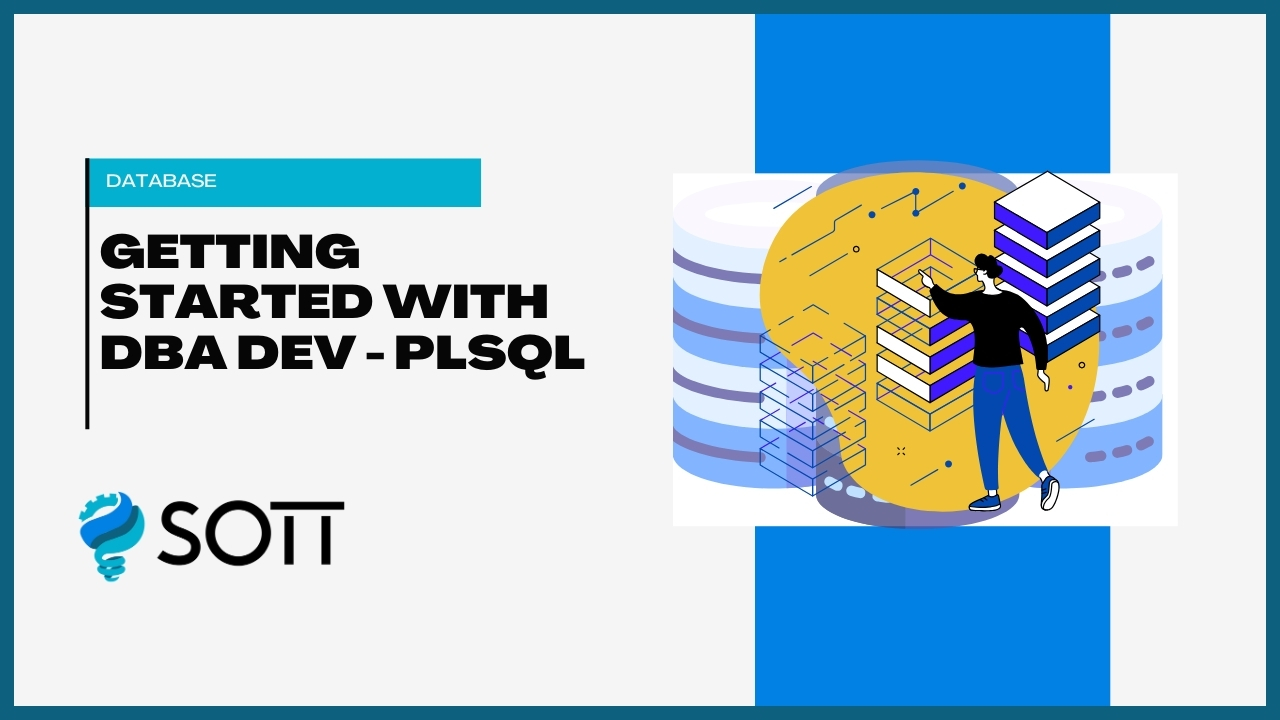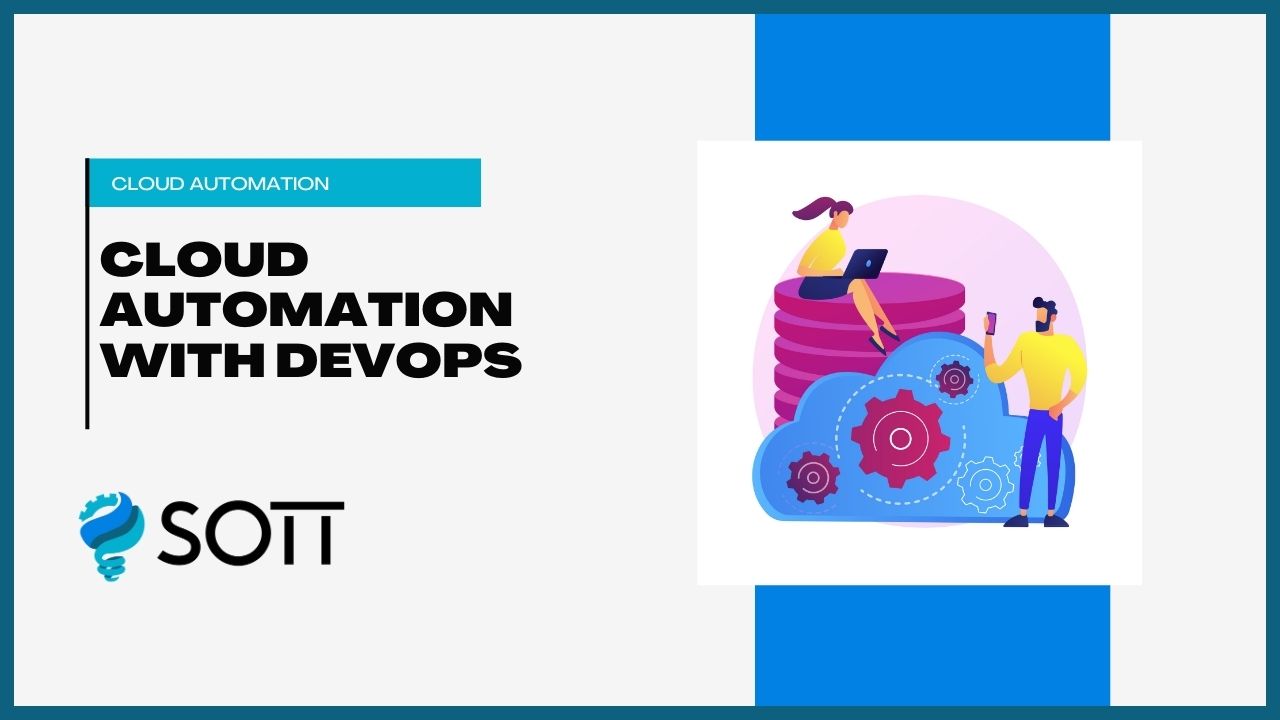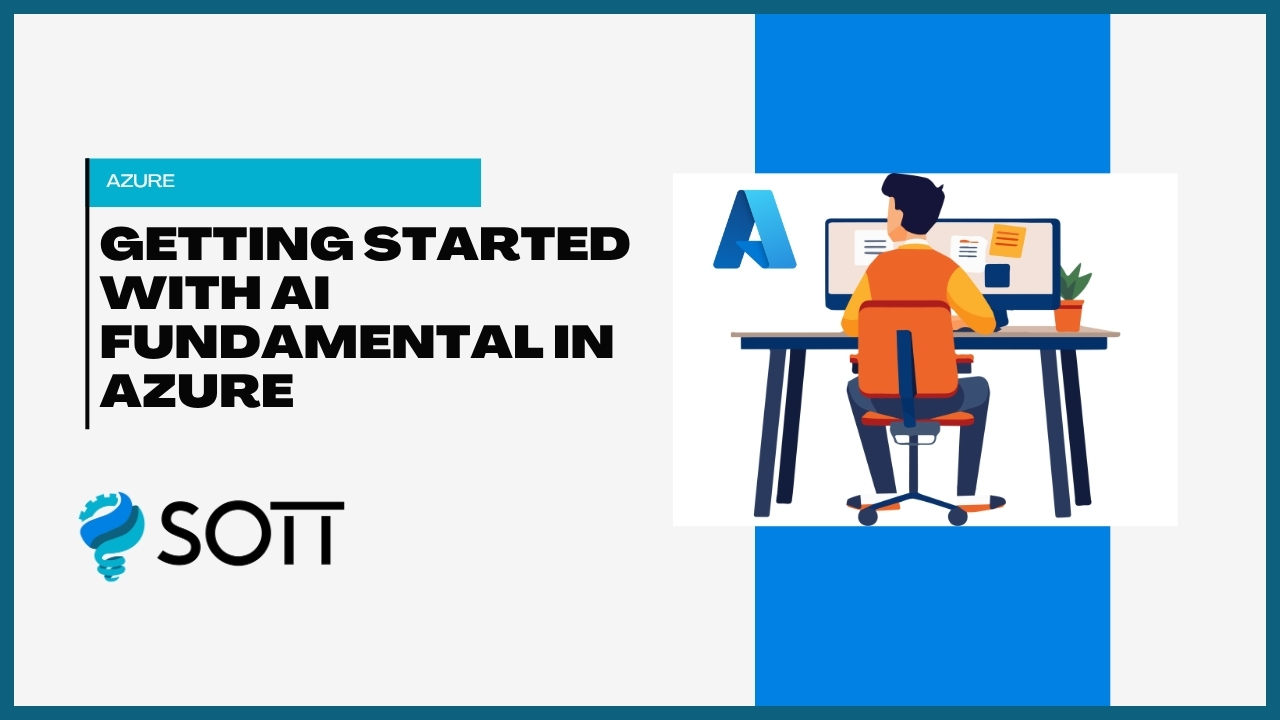Lesson 1: Introduction to Databases and DBA
-
What is a Database? - Definition, Types (Relational, NoSQL), Importance in Modern Systems
-
Role of a DBA - Database Setup, Maintenance and Security, Performance Optimization
Lesson 2: Database Architecture
-
Database System Architecture - Instance and Database, Tablespaces and Schemas, Datafiles and Logs
-
Oracle Database Overview - Memory Structures, Processes and Storage, User and System Privileges
Lesson 3: Backup and Recovery
-
Types of Backups - Full Backup, Incremental Backup, Logical Backup (Export/Import)
-
Recovery Scenarios - Media Recovery, Flashback Technology, RMAN Basics
Lesson 4: Database Security
-
User Management - Creating and Managing Users, Roles and Privileges
-
Data Security - Encryption Techniques, Auditing and Monitoring
Lesson 5: Performance Tuning Basics
-
Key Performance Metrics - Query Optimization, Indexing, Analyzing Execution Plans
-
Tools for Performance Tuning - SQL Tuning Advisor, Oracle AWR Reports
Lesson 1: Introduction to PL/SQL
-
What is PL/SQL? - Features and Benefits, Differences Between SQL and PL/SQL
-
PL/SQL Architecture - Anonymous Blocks, Stored Procedures and Functions
Lesson 2: Control Structures in PL/SQL
-
Conditional Statements - IF-THEN-ELSE, CASE Statement
-
Loops - FOR Loop, WHILE Loop
Lesson 3: Cursors and Exception Handling
-
Cursors in PL/SQL - Implicit and Explicit Cursors, Cursor Attributes
-
Exception Handling - Predefined Exceptions, User-Defined Exceptions
Lesson 4: Advanced PL/SQL Features
-
Triggers - Creating and Managing Triggers, Types of Triggers
-
Packages - Specification and Body, Advantages of Using Packages
-
Dynamic SQL - EXECUTE IMMEDIATE, DBMS_SQL Package
Lesson 5: Working with Collections and Bulk Operations
-
PL/SQL Collections - Associative Arrays, Nested Tables, VARRAYs
-
Bulk Operations - BULK COLLECT, FORALL
Lesson 6: Optimizing PL/SQL Code
-
Writing Efficient PL/SQL - Reducing Context Switches, Avoiding Deadlocks
-
Debugging and Testing - Using DBMS_OUTPUT, Debugging Tools
Lesson 1: Database Development Lifecycle
-
Development and Testing Environments - Database Cloning, Managing Schema Changes
-
Migration to Production - Change Management, Deployment Strategies
Lesson 2: Automation and Scripting
-
Automating DBA Tasks - Scheduling with CRON or DBMS_SCHEDULER, Monitoring with Scripts
-
PL/SQL for DBA - Writing Scripts for Maintenance, Automating Backups and Reporting

- CategoryDatabase
- LevelIntermediate
- Duration3 Months
- Available SeatsUnlimited
Course Key Highlights
Real-Time Experts
Learn from industry experts with real-time experience.
Placement Support
Get assistance in securing your dream job with our dedicated placement support.
Live Project
Work on live projects to gain hands-on experience.
Certified Professional
Become a certified professional with industry-recognized certification.
Affordable Fees
Get the best quality education at affordable fees.
Flexibility To Assist
Flexible learning options to assist you in every way possible.
No Cost EMI
Pay your course fees in easy installments with no cost EMI.
Free Soft Skills
Develop essential soft skills along with technical knowledge.
Popular Questions to Ask Before Choosing a Course
SOTT courses include comprehensive video lessons, hands-on projects, downloadable resources, and live mentorship sessions. Our curriculum is designed to provide you with all the tools you need to succeed in your chosen field.
No, SOTT courses are designed to be flexible. You can start learning whenever it suits you best, and you have lifetime access to the course materials to learn at your own pace.
To take a SOTT course, simply enroll in the course of your choice, and you will have access to all the lessons, resources, and mentorship opportunities available. You can learn from any device, at any time.
Yes, upon completing a SOTT course, you will receive a certificate of completion, which you can share with your network and use to showcase your newly acquired skills to potential employers.
If you need help, you can reach out to our support team or connect with your course mentor for guidance. We are here to ensure you have the best learning experience possible.




